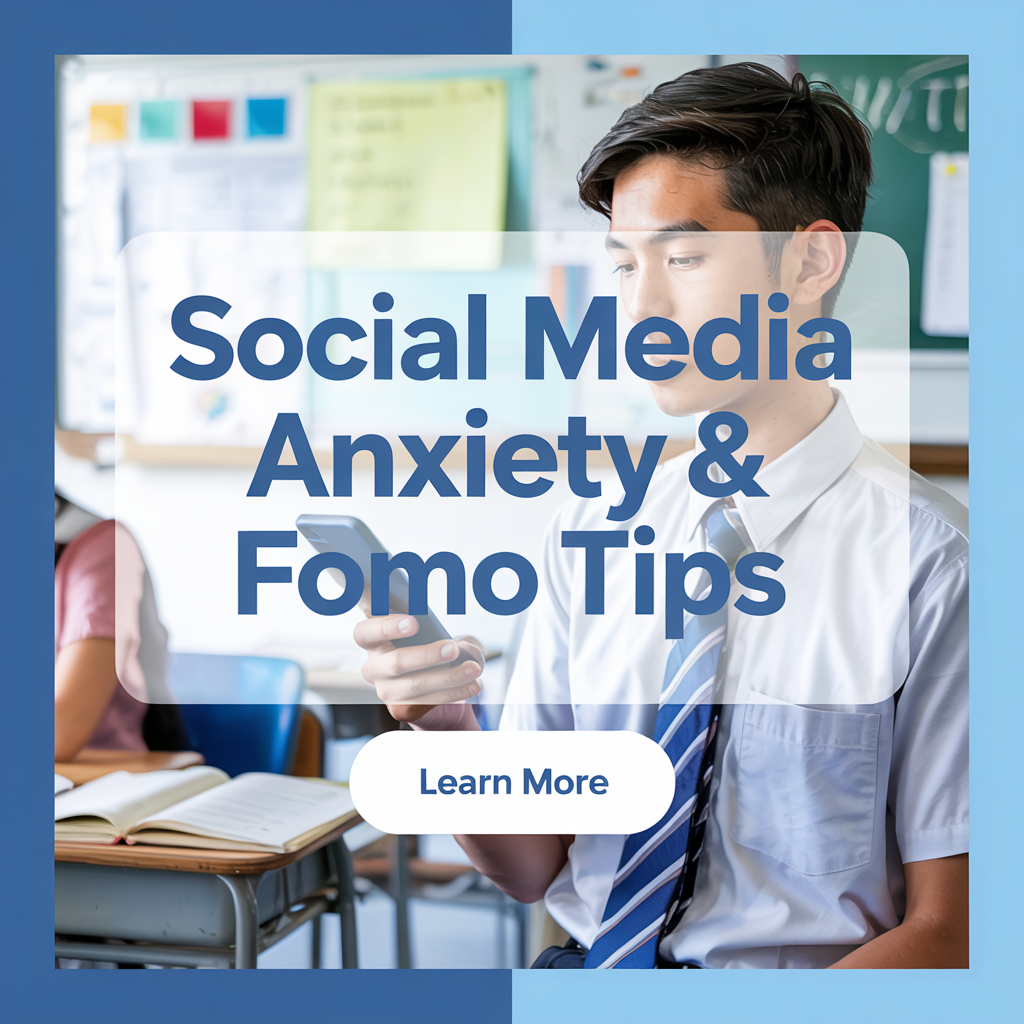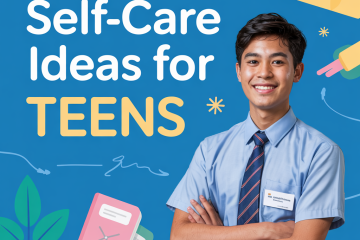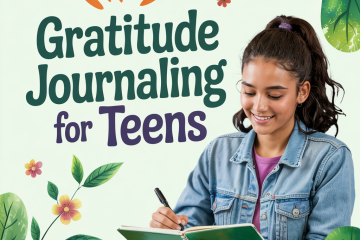FOMO is Real: Managing Social Anxiety & Comparison in the Age of Social Media

Ever scroll through Instagram or TikTok and suddenly feel stressed, left out, or like your life just isn’t measuring up? That feeling — the “Fear of Missing Out” (FOMO) — is super common, especially in the world of social media. But constant comparison can seriously impact your mental well-being.
Let’s break down what social media anxiety looks like and explore some practical ways to manage FOMO without disconnecting completely.
Scrolling Through Stress? You’re Not Alone
Seeing endless posts of friends at parties you weren’t invited to, amazing vacations, perfect-looking selfies, or major achievements can trigger feelings of:
- Anxiety about not fitting in.
- Loneliness or exclusion (FOMO).
- Inadequacy or low self-esteem.
- Pressure to present a perfect image online.
- Envy or jealousy.
These feelings are a normal reaction to the curated world often presented online. If you’re feeling overwhelmed, check out Cirkled In — it’s a great platform for teens to focus on real growth, not just online appearances.
How Social Media Fuels Anxiety and FOMO
Social media platforms are designed to keep you scrolling. They often emphasize:
- Highlight Reels: People tend to post their best moments, successes, and edited photos, not the everyday struggles or boring parts of life. This creates unrealistic social comparison teens engage in.
- Constant Connection (Illusion): Seeing what everyone else is doing right now can make you feel like you’re missing out if you’re just at home.
- Quantifiable Popularity: Likes, comments, and follower counts can become metrics for self-worth, leading to anxiety.
- Algorithmic Pressure: The algorithm shows you content designed to keep you engaged, which might not always be healthy for your mood.
Strategies for Dealing with FOMO and Comparison
You have the power to manage your relationship with social media and reduce anxiety. Try these healthy social media habits:
Be Mindful of Your Time Online
- Set Limits: Use phone timers or app settings to limit daily time on specific apps.
- Take Breaks: Intentionally put your phone away during meals, homework, or before bed. Consider a longer digital detox.
- Notice How You Feel: Pay attention to your mood before and after using social media. If an app consistently makes you feel bad, consider using it less.
Curate Your Feed for Positivity
- Unfollow/Mute: Stop following accounts that consistently make you feel inadequate, anxious, or envious. It’s okay to mute friends if their posts are triggering FOMO.
- Follow Inspiring Accounts: Seek out content related to hobbies, learning, positive messages, or things that genuinely make you feel good.
Remember: It’s a Highlight Reel, Not Reality
- Reality Check: Remind yourself that social media posts are curated and often don’t show the full picture. People struggle, have bad days, and feel insecure too, even if they don’t post about it.
- Avoid Comparing Your “Behind-the-Scenes” to Their “Highlight Reel.”
Focus on Real-Life Connections
- Invest in Offline Friendships: Spend quality time with friends and family in person. Deep, real connections are more fulfilling than online interactions. Actively pursue finding connections offline.
- Engage in Hobbies/Activities: Spend time doing things you enjoy in the real world – sports, arts, clubs, volunteering.
Need help organizing your achievements beyond social media? Cirkled In helps you build a portfolio that reflects the real you — way more valuable than any selfie.
Practice Gratitude
- Shift your focus from what you lack (or perceive others having) to what you have. Keep a gratitude journal or simply take moments to appreciate the good things in your own life.
Final Thought: Choose Connection Over Comparison
Social media anxiety and FOMO are real challenges many teens face. It’s important to remember that what you see online is often just a highlight reel — not the full picture. By setting boundaries, curating your feed, focusing on real-life connections, and practicing gratitude, you can protect your digital well-being and choose real connection over constant comparison.
Your worth isn’t defined by likes, views, or followers — it goes way deeper than that.
Need more tips on college applications, scholarships, or just how to survive this whole process? Cirkled In has your back—check out Cirkled In resources to help you through every step of your college journey!



0 Comments